Shelby C. McClelland
@scmcclelland.bsky.social
Faculty Fellow in the School of Marine and Atmospheric Sciences (SoMAS) at Stony Brook University. Food, greenhouse gas emissions, and soil. www.scmcclelland.com
Thanks, Matthew! I’m so grateful for your mentorship and support. Looking forward to continuing our research collaborations at Stony Brook.
September 16, 2025 at 4:28 PM
Thanks, Matthew! I’m so grateful for your mentorship and support. Looking forward to continuing our research collaborations at Stony Brook.
Thanks, Rémi! Let’s connect sometime. I believe we have a lot of overlapping interests
September 16, 2025 at 4:21 PM
Thanks, Rémi! Let’s connect sometime. I believe we have a lot of overlapping interests
Thanks, Katie! You were such a huge part of helping me get here. Can’t wait to watch you get your dream job this year 🤍
September 16, 2025 at 4:19 PM
Thanks, Katie! You were such a huge part of helping me get here. Can’t wait to watch you get your dream job this year 🤍
Thanks, @jandutkiewicz.bsky.social!
September 16, 2025 at 1:21 PM
Thanks, @jandutkiewicz.bsky.social!
Likewise, if you’re interested in collaborating – reach out! 5/n
September 16, 2025 at 1:11 PM
Likewise, if you’re interested in collaborating – reach out! 5/n
While I am not currently taking on students or postdocs, it’s never too early to reach out and start a conversation! I will be looking for folks to come work with me starting in Fall 2026 on data-driven and field-based experimental projects. 4/n
September 16, 2025 at 1:11 PM
While I am not currently taking on students or postdocs, it’s never too early to reach out and start a conversation! I will be looking for folks to come work with me starting in Fall 2026 on data-driven and field-based experimental projects. 4/n
I will be continuing my research on #climatechange, #foodsystems, greenhouse gas mitigation, and land-based carbon removal. I’m also looking to expand into #bluecarbon, leveraging aquatic biomass in croplands as soil amendments for improved soil health. 3/n
September 16, 2025 at 1:11 PM
I will be continuing my research on #climatechange, #foodsystems, greenhouse gas mitigation, and land-based carbon removal. I’m also looking to expand into #bluecarbon, leveraging aquatic biomass in croplands as soil amendments for improved soil health. 3/n
After two-years, I will hopefully be joining SoMAS *officially* as an Assistant Professor starting in Fall 2027.
You can learn more about the PRODiG+ Fellow program below. 2/n
www.suny.edu/prodig-plus/
You can learn more about the PRODiG+ Fellow program below. 2/n
www.suny.edu/prodig-plus/

PRODiG at SUNY
PRODiG - Promoting Recruitment, Opportunity, Diversity, Inclusion, and Growth will work to increase faculty diversity to better reflect the diversity of students across SUNY's 64 campuses.
www.suny.edu
September 16, 2025 at 1:11 PM
After two-years, I will hopefully be joining SoMAS *officially* as an Assistant Professor starting in Fall 2027.
You can learn more about the PRODiG+ Fellow program below. 2/n
www.suny.edu/prodig-plus/
You can learn more about the PRODiG+ Fellow program below. 2/n
www.suny.edu/prodig-plus/
To my co-author and PhD Advisor, Meagan Schipanski, THANK YOU! You let me dream up this project and supported me in diving deep into this research during my PhD. I learned so much through the ups and downs, and I am so grateful for the freedom to explore and grow as an ecologist.
July 23, 2025 at 4:48 PM
To my co-author and PhD Advisor, Meagan Schipanski, THANK YOU! You let me dream up this project and supported me in diving deep into this research during my PhD. I learned so much through the ups and downs, and I am so grateful for the freedom to explore and grow as an ecologist.
While this work starts to broaden our mechanistic understanding of how compost contributes to soil carbon sequestration, we absolutely need more data, better analyses, and longer-term studies to understand carbon flows (and persistence of this new carbon) in managed grassland ecosystems! 7/N
July 23, 2025 at 4:48 PM
While this work starts to broaden our mechanistic understanding of how compost contributes to soil carbon sequestration, we absolutely need more data, better analyses, and longer-term studies to understand carbon flows (and persistence of this new carbon) in managed grassland ecosystems! 7/N
To us, this suggests that the microbial community was more responsive to plant over compost-derived inputs. It also indicates that microbial-derived inputs were more important for building soil organic carbon in this managed grassland. 6/N
July 23, 2025 at 4:48 PM
To us, this suggests that the microbial community was more responsive to plant over compost-derived inputs. It also indicates that microbial-derived inputs were more important for building soil organic carbon in this managed grassland. 6/N
We used a path analysis to test our hypothesis. But what we found surprised us! Plants only indirectly increased soil organic matter; their effect was entirely mediated through the soil microbial community, especially bacteria. 5/N
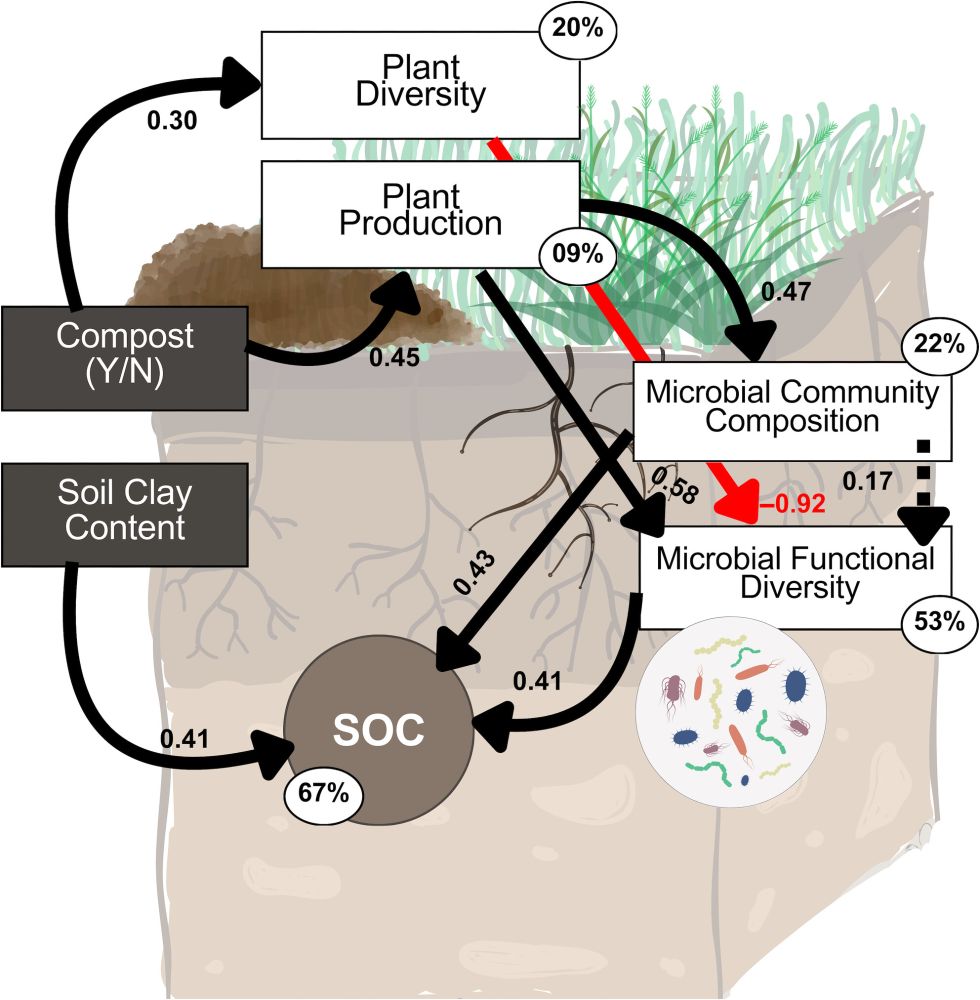
July 23, 2025 at 4:48 PM
We used a path analysis to test our hypothesis. But what we found surprised us! Plants only indirectly increased soil organic matter; their effect was entirely mediated through the soil microbial community, especially bacteria. 5/N
Plants responded immediately, both in terms of productivity and community composition. Microbes, however, were slower to respond. We only observed community differences in the final growing season. There were also differences in microbial functional diversity. 4/N
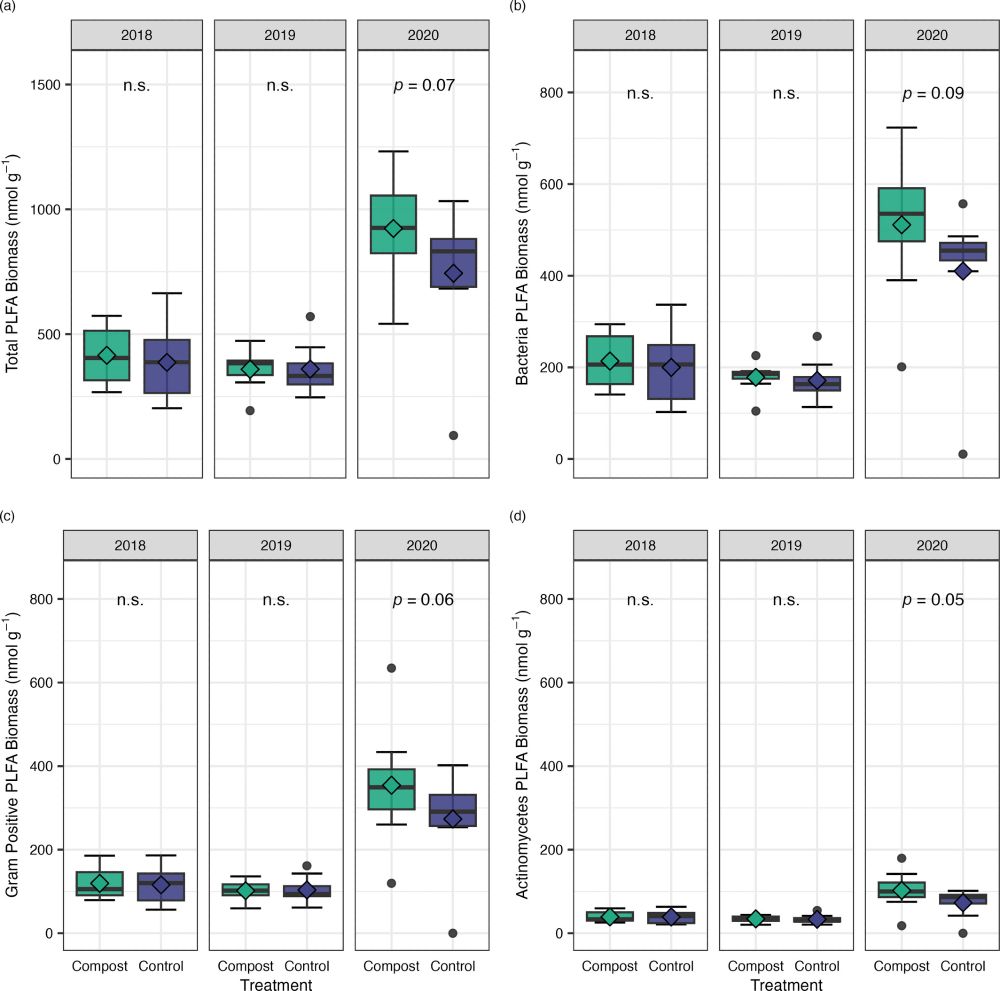
July 23, 2025 at 4:48 PM
Plants responded immediately, both in terms of productivity and community composition. Microbes, however, were slower to respond. We only observed community differences in the final growing season. There were also differences in microbial functional diversity. 4/N
Over three growing seasons in northern Colorado, we measured plant growth and diversity, microbial community composition and function, and soil carbon. We hypothesized that plants and microbes jointly contributed to the soil carbon response.
What did we find? 3/N
What did we find? 3/N
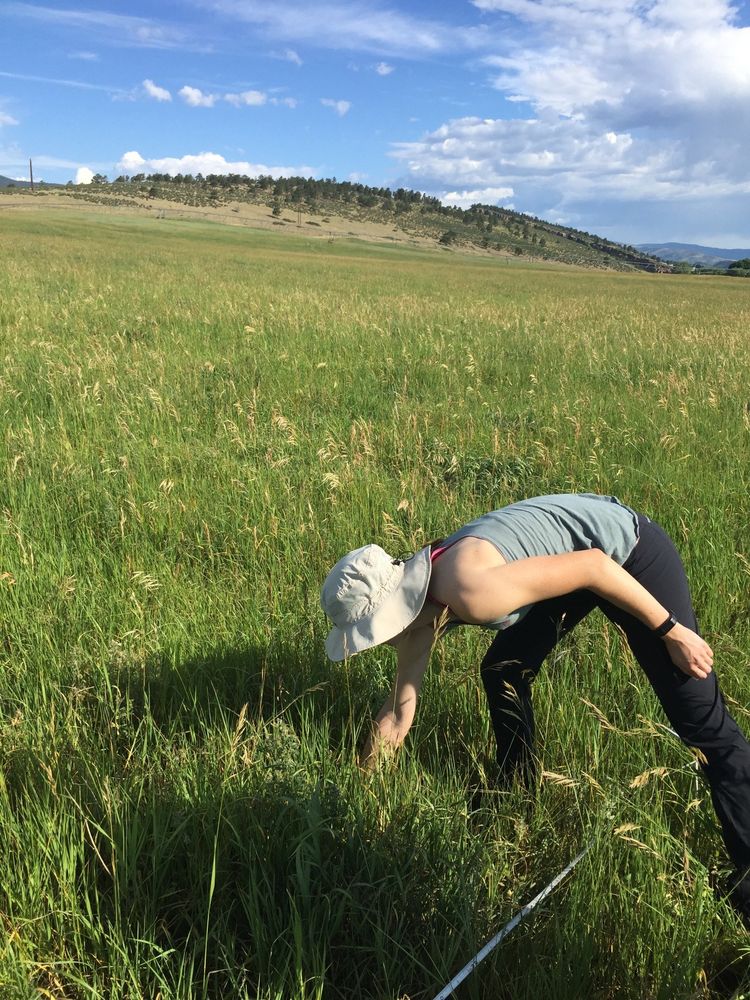
July 23, 2025 at 4:48 PM
Over three growing seasons in northern Colorado, we measured plant growth and diversity, microbial community composition and function, and soil carbon. We hypothesized that plants and microbes jointly contributed to the soil carbon response.
What did we find? 3/N
What did we find? 3/N
Infrequent compost applications in managed grasslands can boost soil organic carbon stocks–even after discounting the carbon from the compost itself!
Read our earlier work 👉 tinyurl.com/a3nzcwbs
But! We still don’t fully understand how plants and microbes interact to build this carbon. 2/N
Read our earlier work 👉 tinyurl.com/a3nzcwbs
But! We still don’t fully understand how plants and microbes interact to build this carbon. 2/N
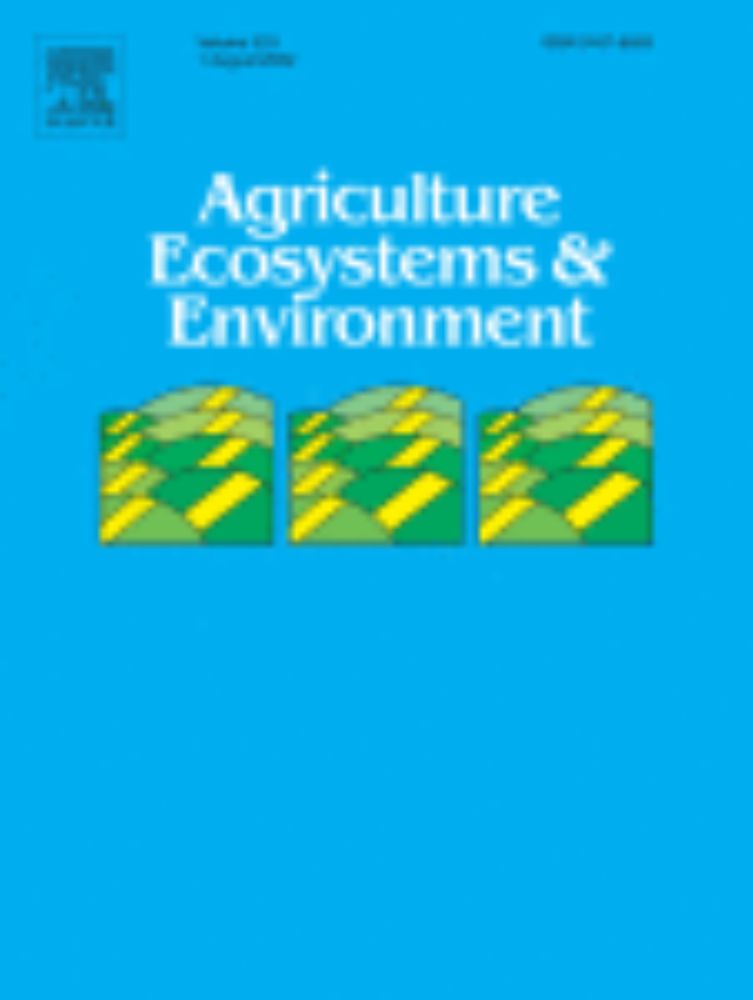
Infrequent compost applications increased plant productivity and soil organic carbon in irrigated pasture but not degraded rangeland
Improved agricultural soil management can facilitate the removal of carbon dioxide from the atmosphere to help keep planetary warming at or below 2 °C…
tinyurl.com
July 23, 2025 at 4:48 PM
Infrequent compost applications in managed grasslands can boost soil organic carbon stocks–even after discounting the carbon from the compost itself!
Read our earlier work 👉 tinyurl.com/a3nzcwbs
But! We still don’t fully understand how plants and microbes interact to build this carbon. 2/N
Read our earlier work 👉 tinyurl.com/a3nzcwbs
But! We still don’t fully understand how plants and microbes interact to build this carbon. 2/N
If you want to explore some earlier, related data, check out these high resolution soil organic carbon maps from my colleagues over at SoilsRevealed.org. 12/N
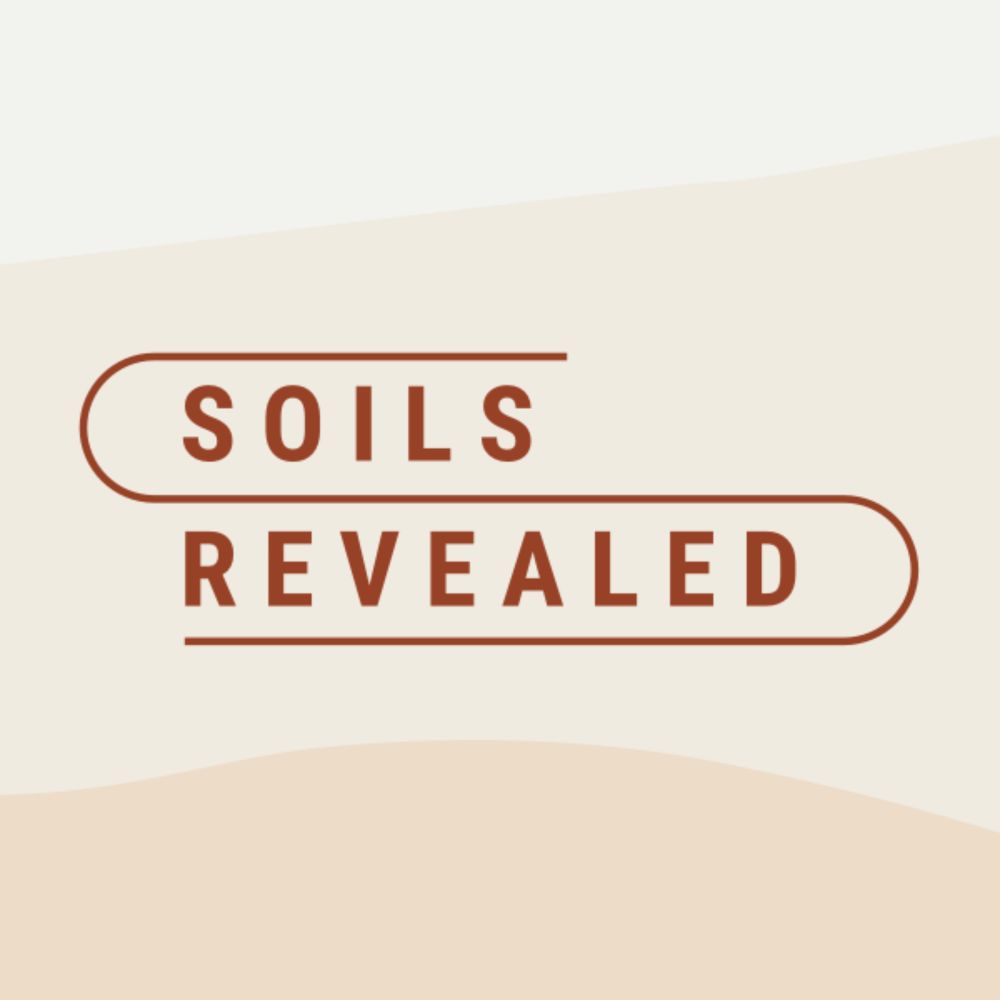
Soils Revealed
Soils Revealed platform lets you see past soil organic carbon losses and opportunities for future gains, to manage soil health that helps mitigate climate change, promote clean water and biodiversity.
SoilsRevealed.org
May 19, 2025 at 2:18 PM
If you want to explore some earlier, related data, check out these high resolution soil organic carbon maps from my colleagues over at SoilsRevealed.org. 12/N
If you don’t have time for all the details, but want to learn more about our key findings, check out our accompanying press release from NYU, www.nyu.edu/about/news-p.... Later I'll post the link to our Research Briefing from @natureportfolio.nature.com 11/N
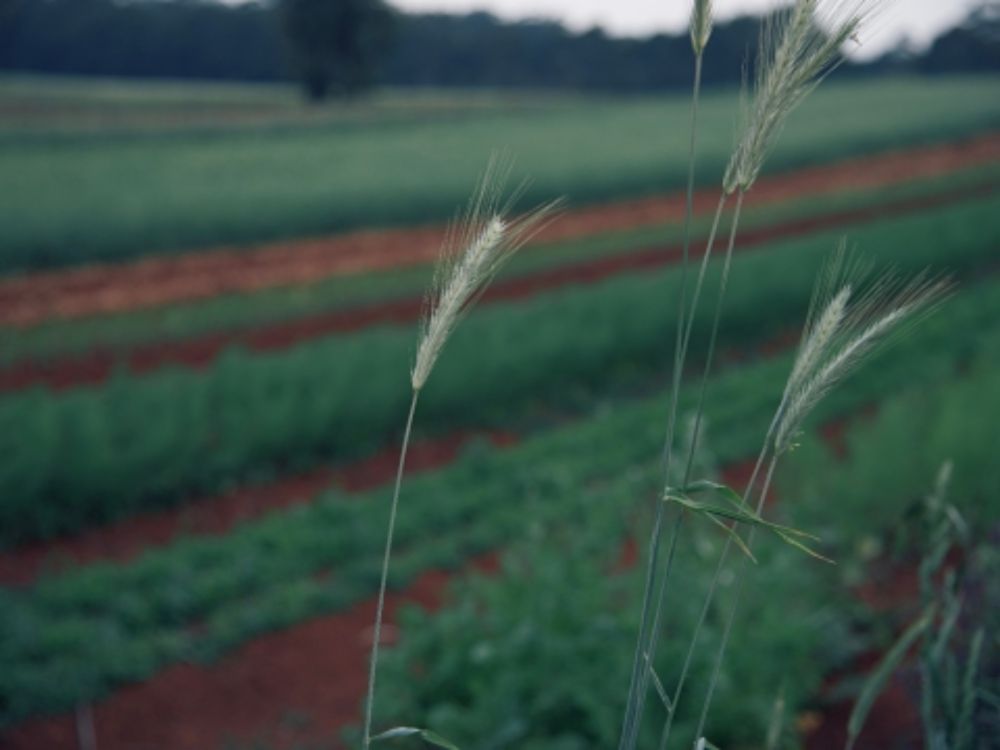
Scientists Identify Ways to Minimize Tradeoffs Between Crop Yields and Climate Benefits
Research highlights where and how regenerative farming could lead to win-wins for climate-change mitigation and crop production
www.nyu.edu
May 19, 2025 at 2:18 PM
If you don’t have time for all the details, but want to learn more about our key findings, check out our accompanying press release from NYU, www.nyu.edu/about/news-p.... Later I'll post the link to our Research Briefing from @natureportfolio.nature.com 11/N
A special shoutout to @dominicwoolf.bsky.social @matthewhayek.bsky.social for your mentorship and support! 10/N
May 19, 2025 at 2:18 PM
A special shoutout to @dominicwoolf.bsky.social @matthewhayek.bsky.social for your mentorship and support! 10/N
This study came out of an amazing collaboration between @cornelluniversity.bsky.social, @newyorkuniversity.bsky.social, CSU, @nature.org, @envdefensefund.bsky.social, and @woodwellclimate.bsky.social. Thanks to my collaborators who helped get this massive modeling effort to the finish line! 9/N
May 19, 2025 at 2:18 PM
This study came out of an amazing collaboration between @cornelluniversity.bsky.social, @newyorkuniversity.bsky.social, CSU, @nature.org, @envdefensefund.bsky.social, and @woodwellclimate.bsky.social. Thanks to my collaborators who helped get this massive modeling effort to the finish line! 9/N

